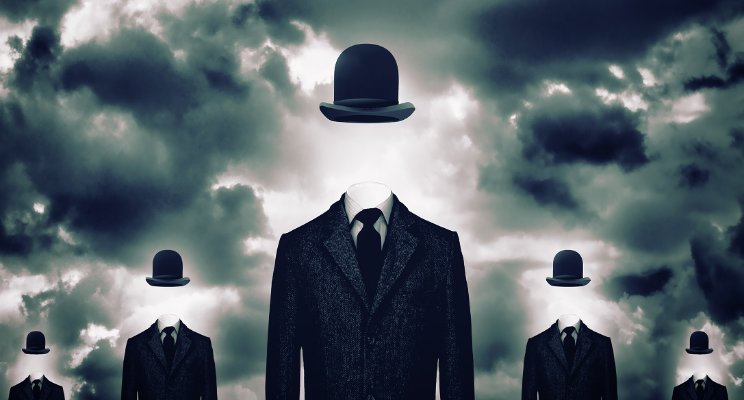After my wife Lorraine and I ordered dinner in a restaurant the other night, I decided to have a glass of wine. Now, where was our waiter?
I looked around and realized I didn’t have a clue what he looked like. So I asked Lorraine. “Do you see our waiter?” She craned her neck and then shrugged.
It seems neither of us could remember the face of the fellow who had, just moments before, told us about the night’s specials in great detail. And as it turns out, we’re not alone.
We are horrible at recognizing unfamiliar faces
As this National Public Radio story points out, we humans are generally terrible at recognizing faces we don’t know very well. We are even worse than we think we are!
Mike Burton, a psychology professor at the University of York in the United Kingdom, says we are great at recognizing faces of our family and friends – even in blurry photos and at a distance. This makes us think we are good at recognizing faces in general. But we are not.
Burton conducted an experiment where he showed people pairs of faces and asked them whether the two faces were the same person. When the faces were familiar, the test subjects did quite well. But they did poorly when the faces were unfamiliar.
Employees Who Recognize Faces Can Improve the Customer’s Experience
Some people are better at recognizing faces than others. This has serious implications for customer experience. As a global customer experience consultancy we have recognized for a long time that customers’ overall experience with a company or brand is driven primarily by emotional and subconscious factors. This means it is important to hire customer-facing employees who are emotionally intelligent and can read customer cues. But perhaps employers should also be looking for employees who are good at remembering faces.
When you go into a store, the bank, or your local cafe, it feels different when the employees recognize you. You feel more important and more valued, and your memory of the experience is positive – even if it’s just a routine transaction like depositing a check. These positive emotions are what keep you coming back.
One of our team members offered up this example: she sometimes gets takeout food for her family. This is an impersonal transaction at most restaurants, but the local Chinese place is different. Every time my team member walks in, the lady behind the counter asks her if she wants beef lo mein, no vegetables – her sons’ favorite dish. And then she’ll say something like “Your boys were in here this week.” This personal touch means the restaurant always has a steady stream of customers.
Improving Your Employees’ Facial Recognition Skills
But if most of us are terrible at recognizing faces, is it possible to teach your employees to have better facial recognition skills?
To some extent, I think it is. One of the trainings we offer, Memory Maker, teaches teams to identify the way customers are feeling when they begin an interaction, and then use verbal and nonverbal communications to change the customer’s emotional state for the better. When employees tune in to the way customers are feeling and make an effort to engage emotionally, it stands to reason that they may also become better at recognizing customer faces.
One of the reasons I didn’t recognize my waiter was that I wasn’t really paying attention to his face. I was looking at the menu, preoccupied with what I might want to order. My visual memory might have been better if I had simply made an effort to remember him. Employees can’t be given a stellar facial memory if they don’t have the skill to begin with, but their memories might be improved simply by training them to focus. Then they may be able to use visual hooks to connect faces with names – or the usual drink order.
When employees recognize you at a store or office, are you more likely to frequent that business in the future? Let’s talk about it in the comments box below.
Make sure you are showing your customers how much they are valued and create loyalty. Register here for my FREE webinar Why CX Programs Fail on 16th November.
If you enjoyed this article, you might also like these:
Revolutionary Thinking on Customer Loyalty
What Type Of Employee Are You? Room For Improvement?
Uncover the Specific Emotions You’re Evoking
Is a “Human Free” Experience the Future?
Colin Shaw is the founder and CEO of Beyond Philosophy, one of the world’s leading Customer experience consultancy & training organizations. Colin is an international author of six bestselling books and an engaging keynote speaker.
Follow Colin Shaw on Twitter @ColinShaw_CX


